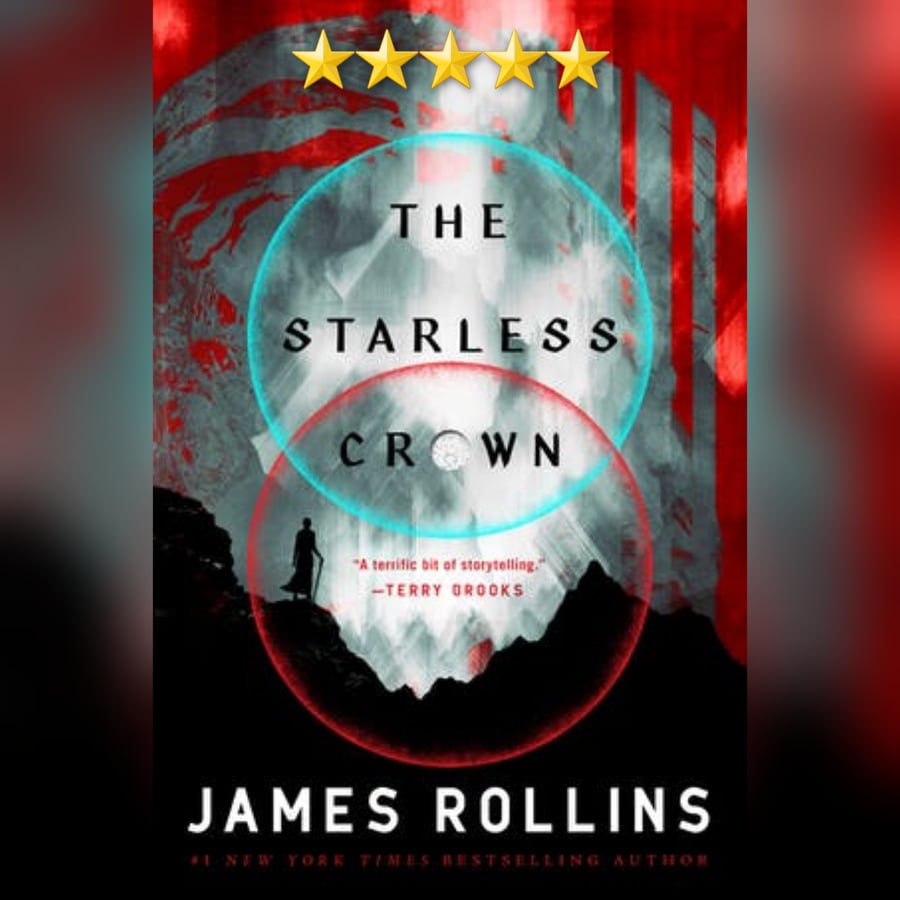Over the last couple of weeks, a couple of different outrages have been ravaging the book world. In one, a romance publisher that published predominantly non-white authors shut its doors claiming low sales, while a particular seller claims that sales of non-white authors’ books account for 60% of its bestsellers. In the other, at least one author is complaining about the amount of physical bookstore shelf space dedicated to the works of J.R.R. Tolkien.
These controversies wouldn’t normally seem to be linked, but in the era of self publishing they most certainly are.
In the era of self publishing and in the new freelance economy, quite honestly the Mega Publishers don’t have the stranglehold on the market they once did. There is no doubt that they still hold considerable sway, I’m not denying that reality at all. I am simply noting that in this new era, one does not have to possess the ability to churn out hundreds of thousands of printed books and distribute them to a worldwide network of physical stores to be able to publish a book and have it do well enough to support an author.
Indeed, in my near decade of being Kindle exclusive, I have read literally hundreds of books – over 400 verified books in just the last 3.25 years alone. While I do not keep track of the actual publisher of the books I read, I can tell you from having run experiments trying to find them in my local brick and mortar stores that such stores normally only carry about 10% of the books I’ve read. Using the 400 number, that means that I’ve read 360 books in 3.25 years that you will never find on a shelf of a physical bookstore. And since my average lifetime rating on Goodreads is around 4.8 stars, it is rare that I find a book I don’t like. So clearly there are many quality books out there that don’t find themselves on the shelves of at least the physical bookstores I have checked.
But what about the actual controversies? Should publishers make a concerted effort to publish minority books or books featuring minorities on the covers? Should physical stores devote less space to legendary authors in order to give a wider range of authors a chance?
I’m not going to directly answer those questions, as I think they are actually irrelevant.
You see, in the Era of Self Publishing, there are actually better questions to ask:
If I see a particular group not being served well enough, is there a chance to make money myself by serving that group? If I see a particular small subset of authors dominating a particular space, is there a way to make money by highlighting other authors in other spaces?
Ultimately, for authors and publishers in particular, the book business is indeed a business. Yes, you want to create things you are proud of, but you also want to be able to feed your family with the money you earn from people paying for your creation. And so that means that you have to find ways to do that – which is why these controversies exist. The thought there is that these authors are owed these publishers or shelf space.
Instead, why don’t we seek out alternatives? Invest in or create new publishers that serve these particular niches. Invest in or create new marketing companies to push these books just as hard as the Mega Publishers’ internal marketing personnel do. Figure out exactly how they operate – and it isn’t exactly a secret – and figure out ways to undercut and oversell them. Any elephant can be eaten one bite at a time, no matter how big or ornery it is.
And the Era of Self Publishing, the freelance economy, make all of this possible.
We see it every day. 20 years ago, the taxi cab companies were the only real way to get around many urban areas. Getting in with them was a pain, but nearly instantly rewarding. Now with the rise of Uber, Lyft, and others, far more people can provide cabbie services far more effectively… and the cabbie companies of old are falling.
Why can’t the same thing happen to the Mega Publishers? Are authors any less creative than Uber drivers? Can we not find some way to undercut the Megas?
Wait a minute. What if I as an Autistic began publishing Autistic authors via Kindle Direct Publishing (which now includes CreateSpace for actual printing of physical books)? Could I get an author published that a Mega might never take a risk on? Oh yeah, I’ve been doing that far longer than I’ve been operating this site, and almost longer than I’ve been reviewing books. And I’m open to taking on more authors. I’m open to showing you what I know so that you can serve your community just as I serve mine. I relish the opportunity to help others – and to compete with them. There is more than enough money to be had in the book space for all of us, there is no real reason to hoard knowledge or opportunity.
And there is no reason for outrage that someone else isn’t doing something that you can do for yourself with a little hard work.

